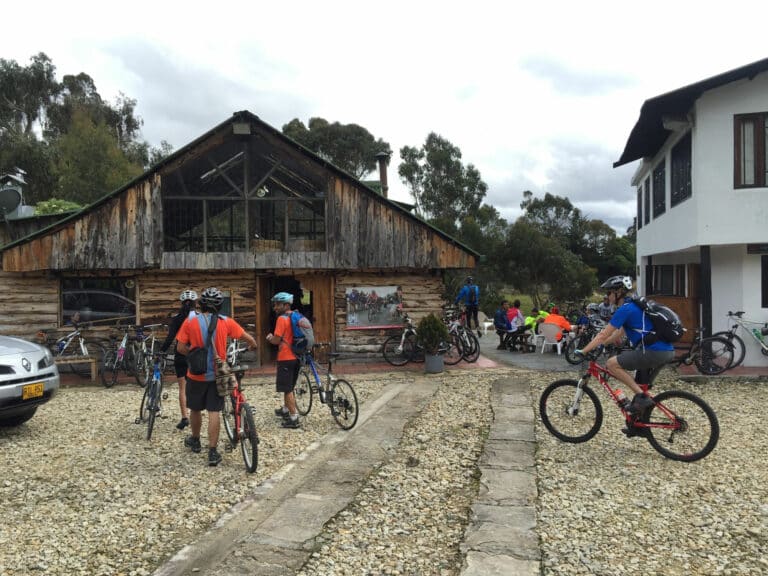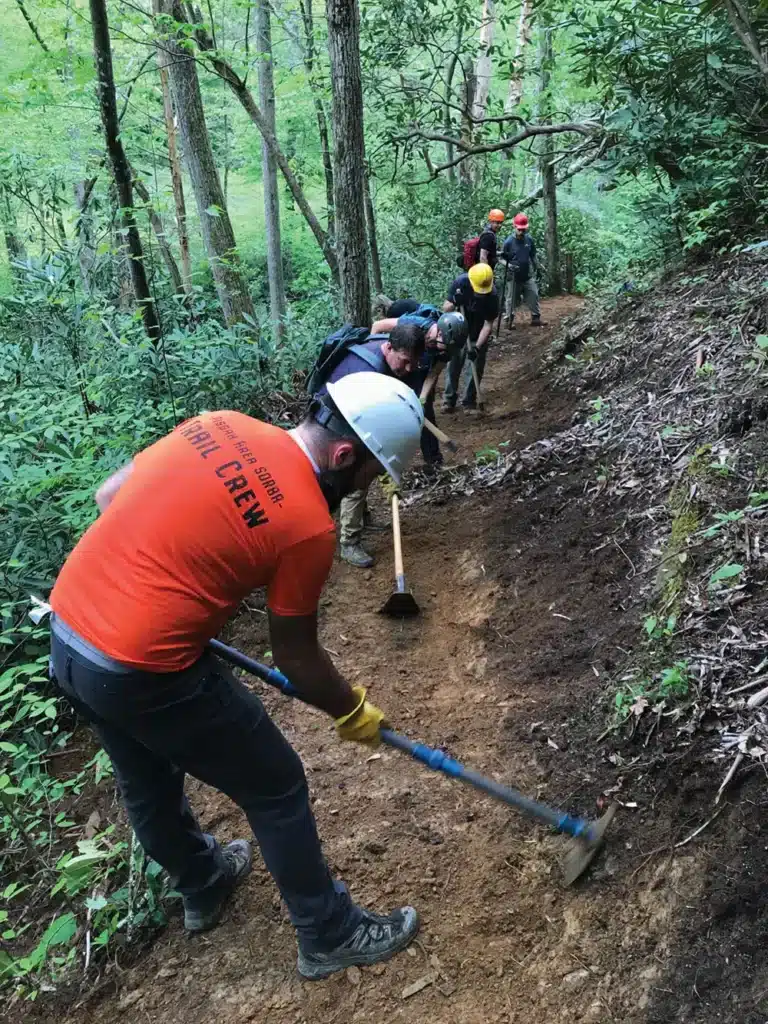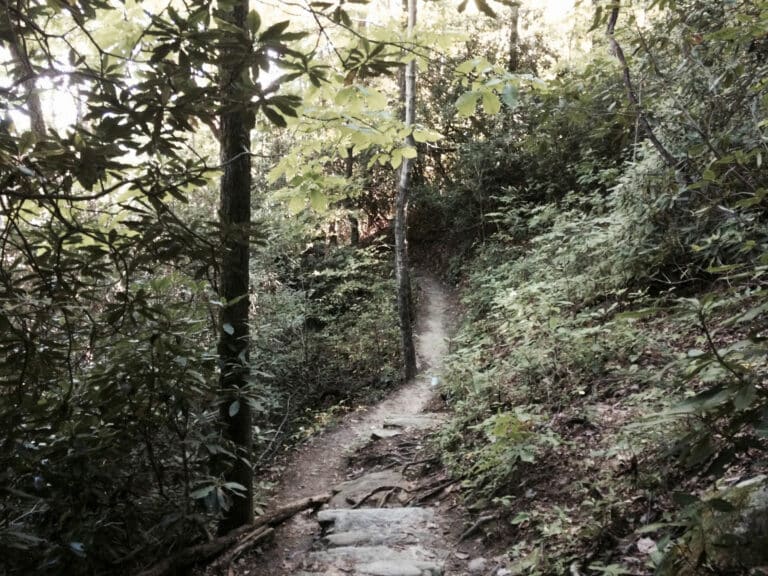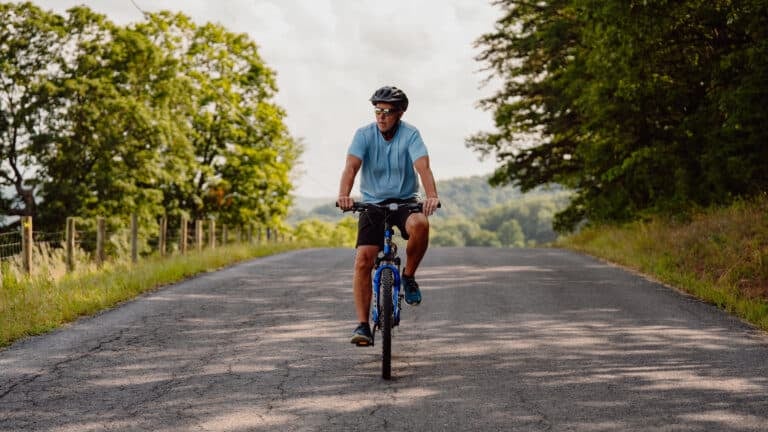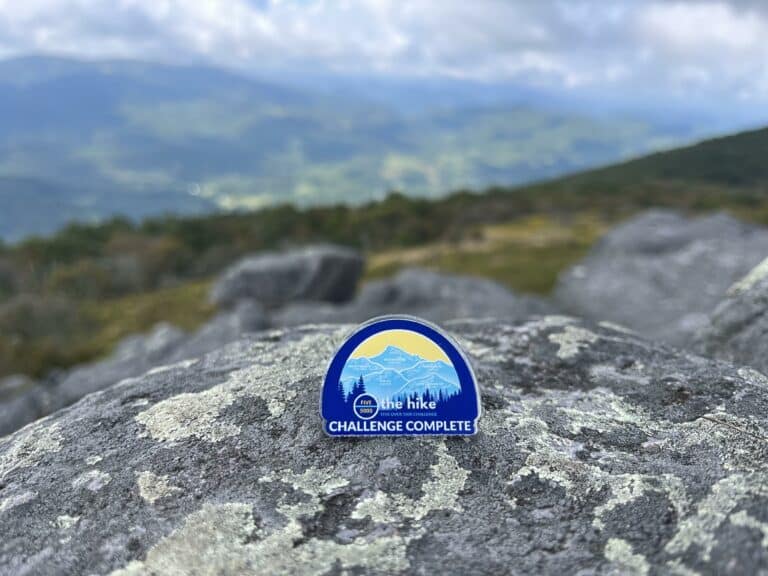Runners are numbers people. Ask any runner about her personal records (“PRs”) and chances are, she’ll be able to rattle off her best times for distances ranging from 5K to marathon-as well as records for a particular trail or neighborhood loop. As soon as you run your first race, you have a PR, which serves as motivation for training harder in order to break it. Running is a good sport in that sense. Generally one can improve her times, and thus achieve increasingly faster PRs, simply through experience and training.
PRs mean different things to different people, and runners even have a variety of terms by which they refer to them. Some people choose to call them PBs, for Personal Best. I’m not sure what the difference is between these two terms. Why not combine them and refer to one’s best time as his PBR, as in, “I’ve just run really fast and it’s time to celebrate with a cold one.” Some people, such as David Horton who ran the entire length of the Pacific Crest Trail last summer, get tired of chasing PRs and decide instead to go for ever-increasing distances. I guess this would be called a DR, as in, “Dr., come check me out. My friends think I’m certifiably crazy.” I had a friend who liked to keep track of her PBPRs – Post Baby PRs. I once ran a 22:24 5K when I was eight months pregnant. This is my only WBPR (With Baby PR). Does this count as a PR for Emma as well?
Unfortunately once a runner reaches a certain age, PRs become fewer and farther between. For this reason, some runners begin to keep track of their master’s PRs or move up to longer distances at which they don’t have previous PRs. How does one know when the days of setting PRs are over? The tough thing about PRs is that you never know when you’ve set your last one. Having just turned forty, I realize that time may not be on my side, despite what the Rolling Stones say. How have other aging runners dealt with the realization that their glory days might be behind them?
Tracy Steele, a master’s runner from Atlanta: “I set new and completely different goals – like running Pike’s Peak. It took all pressure and expectations off.”
Norman Blair, owner of Jus’ Running in Asheville: “I take each race individually. I ask myself, ‘Did I maximize my effort today based on fitness level?’ If the answer is yes, I’m a happy camper. I try not to look back twenty years at the now-unattainable levels.”
Janet Pung, a master's runner and coach from Black Mountain: “Without warning, like the appearance of the first gray hair, running a fast pace seemed much harder. So now when I run, I don’t think of pace. My goal is to smile and keep moving forward!”
Sage advice from runners who have managed to make a smooth transition from the competitive world to a more relaxed approach. Bottom line: play the numbers game while you can, but let it go when the time comes. Keep it simple and run with a smile on your face, no matter what the pace.
